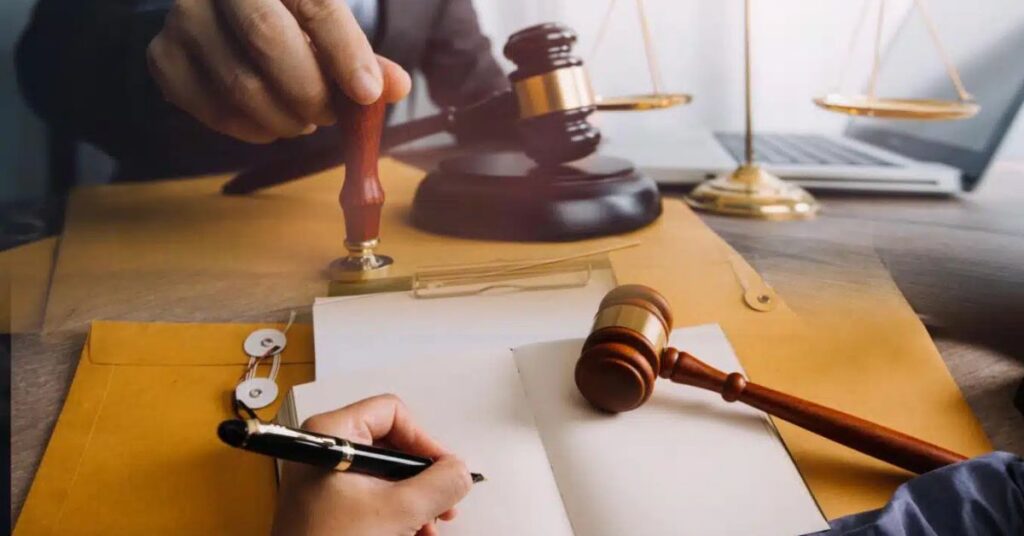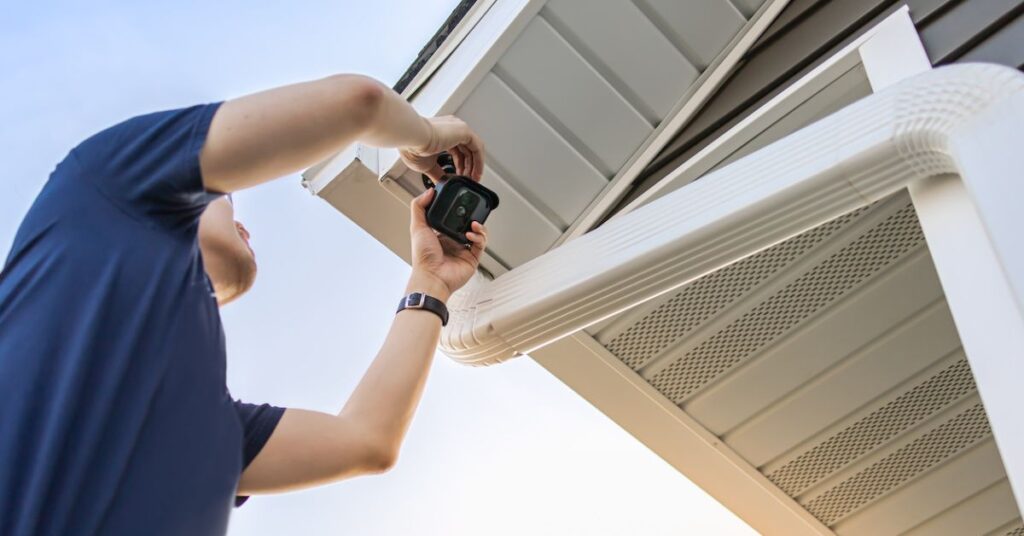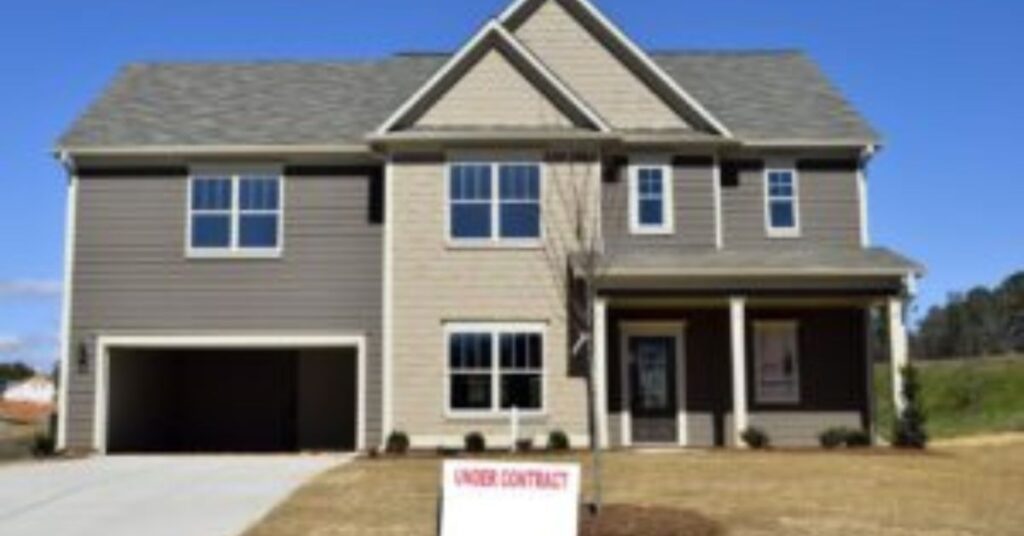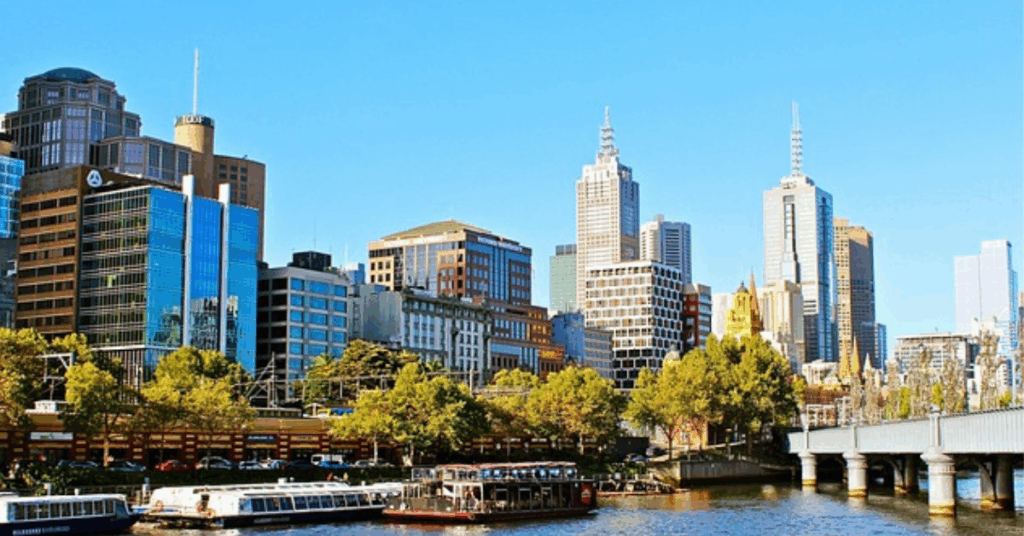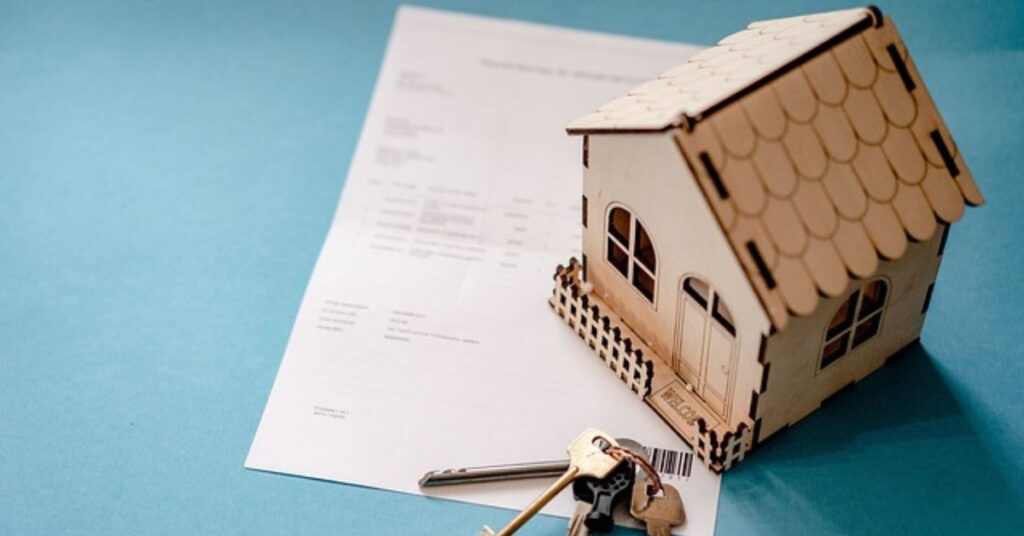Thinking about setting up security cameras around your place in New South Wales? It’s a smart move for peace of mind, but you’ve got to know the rules. The main thing to remember is that while you want to keep your property safe, you also need to respect your neighbours’ privacy. It’s not just about pointing a camera wherever; there are specific laws that guide how you can use these devices.
what are the key “home security camera laws nsw” you should know?
Thinking about setting up security cameras around your place in New South Wales? It’s a smart move for peace of mind, but you’ve got to know the rules. The main thing to remember is that while you want to keep your property safe, you also need to respect your neighbours’ privacy. It’s not just about pointing a camera wherever; there are specific laws that guide how you can use these devices.
Here are some of the core points to get your head around:
- Visual Recording: Generally, you can record video of your own property. However, you can’t point cameras where people have a reasonable expectation of privacy, like inside a neighbour’s backyard or windows. Think about where people are likely to be doing private things – those areas are usually off-limits for your camera’s view.
- Audio Recording: This is where things get a bit more complicated. In NSW, it’s generally illegal to record conversations unless you have the express consent of everyone involved. This applies even if you’re part of the conversation. So, if your camera has audio capabilities, you’ll likely need to disable that feature or be very careful about who is talking and whether they know they’re being recorded.
- Property Type: If you own your home, you have more freedom. But if you’re renting, you’ll need to check your lease agreement and likely get permission from your landlord before installing anything. Renters often have more restrictions.
- Neighbourly Relations: Even if you’re legally allowed to record something, it’s always a good idea to talk to your neighbours. Letting them know you’re installing cameras and explaining why can prevent misunderstandings and potential disputes down the line. Transparency goes a long way.
The Surveillance Devices Act 2007 (NSW) is the primary piece of legislation you’ll need to be aware of. It sets out the boundaries for using surveillance equipment, including security cameras, in the state. Understanding this Act is your first step to staying on the right side of the law.
Ignoring these rules can lead to trouble, so it’s worth taking the time to understand them before you buy and install your cameras.
which legislation governs home security cameras in nsw?

When you’re thinking about setting up security cameras around your home in New South Wales, it’s not just a free-for-all. There are actual laws that dictate how you can use these devices, and the main one you need to know about is the Surveillance Devices Act 2007 (NSW). This Act is pretty important because it lays out the rules for using surveillance equipment, and that definitely includes your home security cameras.
Basically, this law tries to balance your need for security with everyone else’s right to privacy. It’s not super complicated, but you do need to pay attention to a few key things.
Here’s a quick rundown of what the Act generally covers:
- Where you can point your cameras: The law is pretty clear that you shouldn’t be pointing your cameras into areas where people have a reasonable expectation of privacy. Think about your neighbour’s backyard or their bedroom window – that’s a big no-no.
- Audio recording rules: This is where things can get a bit tricky. The Act has specific rules about recording conversations, and you generally need consent from everyone involved.
- Notification: While not always a strict legal requirement for private homeowners in every situation, it’s often a good idea to let people know they might be recorded, especially if your cameras cover areas where neighbours or visitors might be.
It’s really about being sensible. You want to protect your property, but you don’t want to end up invading someone else’s privacy in the process. The Surveillance Devices Act 2007 is there to make sure that balance is maintained.
So, before you hit that ‘buy’ button or start drilling holes, make sure you’ve got a handle on what the Surveillance Devices Act 2007 says. It’s the foundation for using your cameras legally and avoiding any unwanted trouble down the line.
where you can legally point your camera under “home security camera laws nsw”
When setting up your home security cameras in New South Wales, it’s really important to think about where you’re pointing them. The main idea is to keep an eye on your own property, not your neighbours’. You generally can’t point cameras directly at areas where people have a reasonable expectation of privacy, like their backyards, windows, or even their front door if it’s clearly on their property.
Think of it this way: your camera should focus on your boundary line and what’s happening on your land. This respects your neighbours’ privacy and helps avoid potential disputes. The Surveillance Devices Act 2007 (NSW) is the key piece of legislation here, and it generally allows for surveillance devices on private property, but with limitations.
Here are some general guidelines:
- Focus on your property: Aim cameras at your entrances, driveway, gates, and the perimeter of your land.
- Avoid private spaces: Do not direct cameras into neighbours’ homes, yards, or other private outdoor areas.
- Consider shared spaces carefully: If you live in a strata building, rules might be different, and you’ll need to check with your body corporate.
It’s a bit of a balancing act. You want to deter criminals and keep your home safe, but you also need to be a good neighbour and follow the law. If your camera accidentally captures a tiny bit of a neighbour’s property because it’s at the edge of the frame, that’s usually not a big deal. But if it’s consistently recording their private activities, that’s where you could run into trouble.
The law aims to strike a balance between a person’s right to protect their property and the right of others to privacy. It’s about being reasonable and not intrusive.
If you’re unsure, it’s always best to err on the side of caution. Maybe try adjusting the angle slightly or using a camera with a more focused field of view. Sometimes, a quick chat with your neighbour can clear the air too, letting them know you’re installing a camera for security and explaining where it will be pointed.
are audio recordings allowed under the “home security camera laws nsw”?
When you’re setting up home security cameras in NSW, it’s not just about what you can see, but also what you can hear. The rules around recording audio are a bit more complex than just pointing a camera.
Generally, you cannot record private conversations without the consent of everyone involved, even if you’re part of that conversation. This is a key point under the Surveillance Devices Act 2007 (NSW). It means you can’t just have your camera pick up everything happening next door or in a public space if it’s considered a private conversation.
Here’s a breakdown of what you need to know:
- Recording Your Own Conversations: If you are part of a conversation, you generally need the agreement of all parties involved to record the audio. This isn’t always straightforward, as people might not realise they’re being recorded.
- Recording Private Activities: Capturing audio related to private activities, even if you’re not directly in the conversation, is usually prohibited unless you have explicit permission from those involved.
- Exceptions are Limited: There are very narrow exceptions, like when recording audio is necessary to protect someone’s safety or prevent a serious crime. However, you should be very careful relying on these, as they are strictly interpreted.
The law is pretty clear that recording audio without consent is a serious privacy issue. It’s always better to err on the side of caution and assume you need permission before your camera starts listening in.
So, while your camera might have a microphone, using it to record audio in NSW requires careful consideration of privacy laws. It’s often best to disable the audio recording feature on your security cameras unless you are certain you have the necessary consent from all parties.
installing cameras in strata and rental properties — “home security camera laws nsw” considerations
When you’re renting a place or living in a strata property in NSW, putting up security cameras gets a bit more complicated. It’s not just about your own property anymore; you’ve got other people’s living spaces and common areas to think about. For renters, the first step is always to check your lease agreement and have a chat with your landlord. They might have specific rules about what you can and can’t install, especially if it involves drilling holes or altering the property in any way. It’s generally a good idea to get any permission in writing, just to avoid misunderstandings down the line.
If you’re in a strata scheme, things get even more layered. The body corporate or strata committee usually has bylaws that govern common property. This means you can’t just point a camera at the hallway, the shared garden, or the parking lot without checking the rules. Often, cameras on common property need approval from the strata committee, and there might be specific guidelines about where they can be placed and what they can record. The goal is usually to protect common areas without infringing on the privacy of individual lot owners or their guests.
Here are a few things to keep in mind:
- Rental Properties: Always get written permission from your landlord or property manager before installing any cameras, especially external ones. Make sure the installation doesn’t cause damage.
- Strata Properties: Review your building’s by-laws carefully. You might need approval from the strata committee for cameras on common property. Focus cameras on your private property or common areas only if permitted and necessary.
- Neighbourly Agreements: Even with permission from landlords or strata, you still need to be mindful of your neighbours’ privacy. If your camera might capture their private space, it’s wise to talk to them directly.
Remember, even if you have permission to install a camera, its placement is still governed by privacy laws. You can’t use it to spy on neighbours or record areas where people have a reasonable expectation of privacy, like their backyards or windows.
Ultimately, the key is communication and understanding the specific rules that apply to your living situation. Ignoring these steps can lead to disputes with landlords, strata bodies, or even neighbours, and could potentially result in legal trouble.
neighbour disputes, privacy and the “home security camera laws nsw”
It’s pretty common for neighbours to have a bit of a disagreement now and then, and when security cameras get involved, things can get even trickier. The main issue usually boils down to privacy. If your camera is pointed in a way that captures your neighbour’s private spaces – like their backyard, windows, or even just their patio where they like to relax – that could be a problem. Generally, you’re allowed to point cameras at public areas or your own property, but intruding on someone else’s private space is where the legal lines get blurry.
Think about it: nobody wants to feel like they’re constantly being watched in their own home. The law recognises this, and there’s an expectation of privacy in areas where people reasonably expect to be undisturbed. So, if a neighbour complains that your camera is aimed at their house, you’ll need to take that seriously.
Here’s a breakdown of what to consider:
- Camera Placement: The angle and field of view are super important. Does your camera capture more than just your front door or driveway? If it’s sweeping across a neighbour’s windows or private garden, that’s a red flag.
- Intent vs. Impact: While you might not intend to spy on your neighbours, if the camera’s placement results in them feeling spied on, that’s what matters legally. Sometimes, a camera might be accidentally angled wrong, and a polite chat can fix it. Other times, it might feel more deliberate.
- Audio Recording: This is a whole other can of worms. Even if your camera records video, recording audio without consent is a big no-no under NSW law. Make sure your camera’s audio function is off if it’s pointed anywhere near neighbours.
When dealing with neighbour disputes over cameras, the first step is always communication. A calm conversation can often resolve the issue before it escalates. Many people aren’t aware that their camera might be causing a privacy concern, and a simple adjustment can fix everything.
If you’re worried about a neighbour’s camera, or if a neighbour has raised concerns about yours, it’s best to try and sort it out directly. If that doesn’t work, they might consider contacting the Attorney-General’s Department in their state or territory. For homeowners in NSW, understanding these privacy considerations is key to avoiding disputes and maintaining good relationships with those living nearby.
what happens if you breach the “home security camera laws nsw”: penalties & legal consequences
So, you’ve got your security cameras all set up, but what if you accidentally cross a line? It’s not just about keeping your home safe; it’s also about respecting your neighbours’ privacy and following the rules. If you don’t play by the book when it comes to home security camera laws NSW, there can be some pretty serious fallout.
The main legislation you need to worry about is the Surveillance Devices Act 2007 (NSW). This law lays out what you can and can’t do, and ignoring it can lead to trouble.
Here’s a breakdown of what could happen:
- Civil Liability: If someone feels their privacy has been invaded by your camera, they could take you to court. This might involve seeking damages for the distress or harm caused. Think about a neighbour whose backyard or bedroom window is constantly in view – they might have grounds to sue.
- Criminal Charges: In more serious cases, especially if there’s a pattern of deliberate misuse or egregious privacy violations, you could face criminal charges. This is less common for simple placement errors, but it can happen if the intent is clearly to spy or harass.
- Fines: Both civil and criminal proceedings can result in hefty fines. The exact amount will depend on the severity of the breach and the court’s decision.
- Reputational Damage: Beyond legal penalties, word can get around. If you’re known for having cameras that intrude on others, it can damage your relationships with neighbours and your standing in the community. Nobody wants to be the neighbourhood “creepy camera guy.”
It’s important to remember that even if you didn’t mean to violate someone’s privacy, the law often looks at the outcome. An incorrectly angled camera that captures private areas can still lead to complaints and potential legal action, even if you claim it was an accident. It’s always better to be safe than sorry, and that means double-checking your camera placements and understanding the boundaries. If a neighbour has concerns about your camera placement, it’s best to address it directly and consider adjusting the camera’s angle to avoid capturing footage outside your property.
The legal framework surrounding surveillance devices is designed to balance the need for security with the fundamental right to privacy. Failing to adhere to these regulations can result in significant legal and social repercussions, underscoring the importance of responsible camera usage.
tips to comply with the “home security camera laws nsw” and protect your legal rights
So, you’ve got your security cameras all set up in NSW, and you want to make sure you’re playing by the rules. It’s not too complicated, really, but a few things can make a big difference. First off, know your camera’s field of view and keep it focused on your property. Think of it like this: your camera is there to watch your front door, not your neighbor’s barbecue. Pointing it directly into their yard or windows is a big no-no and can lead to privacy complaints.
Here are some practical steps to keep things legal and friendly:
- Visible Signage: Put up signs that clearly state you have security cameras operating. This lets people know they’re being recorded, which is often a legal requirement and just good practice.
- Audio Off, Unless You Have Consent: Remember that audio recording is a whole different ballgame. Unless you have the explicit consent of everyone involved in a conversation, it’s best to keep the audio function turned off. The Surveillance Devices Act 2007 (NSW) is pretty strict on this.
- Regularly Check Your Footage: Make sure the footage you’re capturing is actually relevant to security. If you notice your camera is accidentally picking up too much of a neighbor’s private space, adjust the angle or settings.
- Communicate with Neighbors: If you’re installing cameras near property lines, a friendly chat with your neighbors beforehand can go a long way. It shows respect and can prevent misunderstandings down the line.
It’s really about striking a balance. You want to feel safe and secure in your own home, but that doesn’t mean you get to invade the privacy of others. Being mindful of where your cameras are pointed and how they’re recording is key to avoiding trouble.
If you’re renting or live in a strata property, double-check any agreements you have. Sometimes there are specific rules about external fixtures like cameras. Being proactive and informed is the best way to use your security cameras responsibly and keep your legal rights intact.
Navigating the rules for home security cameras in NSW can be tricky. Our article breaks down the “home security camera laws NSW” so you know your rights and how to follow the rules. Stay informed and protect yourself legally. Want to learn more about staying safe and legal? Visit our website for more helpful tips and guides.
Frequently Asked Questions
What is the main law in NSW about security cameras?
The main law you need to know about is the Surveillance Devices Act 2007. This law sets the rules for using cameras and other listening devices in New South Wales.
Can my security camera record my neighbor’s yard?
Generally, no. You should point your cameras at your own property. Recording areas where people expect privacy, like a neighbor’s backyard or windows, can be against the law.
Is it okay to record audio with my security camera?
Recording audio is tricky. In NSW, you usually need everyone’s permission before you can record their conversation, even if they are part of it. It’s best to avoid recording audio unless you are sure it’s allowed.
What if I rent my home and want to install a camera?
If you rent, you should always check with your landlord or property manager first. They might have rules about installing security cameras on the property.
What happens if I break the rules for security cameras?
Breaking these rules can lead to trouble. You might have to pay fines or face other legal actions. It’s important to follow the law to avoid these penalties.
How can I make sure my security camera use is legal?
To stay on the right side of the law, make sure your cameras only record your property. Tell people if they are being recorded by visible signs. And never record audio without getting permission from everyone involved.






